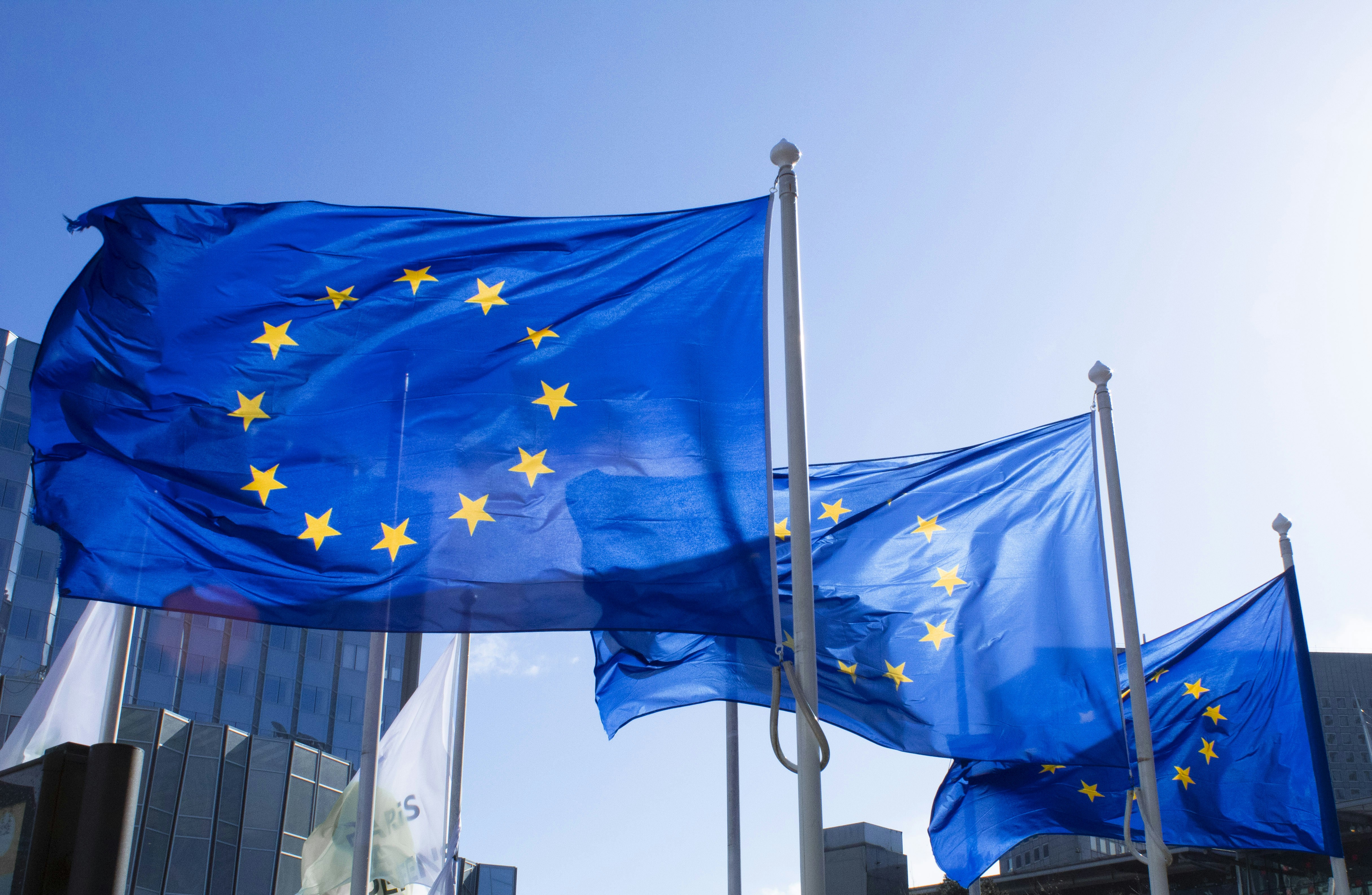Lead the Change: How Shampoo Bars Is Creating A Plastic-Free Bathroom
We rarely think about it, but a shampoo bottle thrown away today will persist for approximately 450 years. Over time, it breaks down into tiny pieces that spread through nature and even end up in our own bodies. For Lyan Garritsen and Mark Sanders, that was reason enough to act. From their kitchen table, they started Shampoo Bars, now a brand that has already saved millions of plastic bottles. Their mission is clear: make the plastic-free bathroom the new standard.

From kitchen table to nationwide mission
The idea for Shampoo Bars was born in 2017 and came to life a year later. Armed with nothing more than a great recipe, strong belief and a small kitchen cupboard for storage, Lyan and Mark made their first bars. It was a leap into the unknown, but with a clear goal: to create a shampoo that works just as well as bottled versions, without the unnecessary plastic.
It turned out to be the right move. More and more people made the switch. Healthier for your hair and body, better for the planet. Today, over 300,000 households use their products, saving nearly 10 million plastic bottles. Everything is still manufactured in the Netherlands, and the range has expanded to over 100 products.
Simplicity drives impact
Many people say sustainability matters, but if a product is harder to use or costs more, convenience usually wins. This is especially true in personal care, where how we look and feel comes first.
Lyan explains: “The mass market doesn’t buy sustainability. The mass market buys convenience and quality. That’s why we focus on proving our product works first. Sustainability comes after.”
In other words, people want something easy and pleasant to use. The fact that it’s also sustainable simply seals the deal. And this approach works: one shampoo bar lasts for around 80 washes, replaces three plastic bottles and feels just as good as bottled shampoo.
Shampoo Bars removes all the barriers. Once people switch, they see that sustainable can be simple and even easier.
Greenwashing and the power of honest claims
Lyan also sees that sustainability is sometimes more marketing than reality. A bottle can be labelled “made with recycled plastic” even if it contains only 1% recycled material. And “100% natural” doesn’t always mean sustainable. This misleads consumers.
Shampoo Bars chooses transparency, sharing the real story through newsletters and social media. “We hear a lot of appreciation for our honesty. We’d rather tell the truth than join in on greenwashing.”
Lyan believes that stronger rules on sustainability claims would be helpful. “Right now, anyone can design a green-looking bottle and call it ‘sustainable’. That doesn’t help consumers make better choices.”
Learning from the community
Shampoo Bars calls its customers the “Shampoo Bars family”. Feedback from this community directly shapes product improvements. Recipes are upgraded every few years, so the bars last longer and feel even better to use.
They’ve also come up with clever ways to cut waste, such as Versplitmenietjes, bars with minor imperfections sold at a discounted price. Regular customers love them; they sell out fast and help avoid unnecessary waste.
More than just saving plastic
The brand’s mission goes beyond plastic-free bathrooms. Production is kept local, using mainly European ingredients. Packaging is sourced locally, and individuals with barriers to the job market assist with packing.
Shampoo Bars also partners with WWF on projects to combat ocean plastic and raise awareness about microplastics, including special editions such as the Ocean Bar and Jungle Bar.
A plastic-free future for the next generation
Shampoo Bars has big plans ahead. Soon, they’ll launch a baby and kids range featuring beloved Dutch children’s characters Woezel & Pip and Fien & Teun. The goal is simple but powerful: if children grow up with bars instead of bottles, plastic-free becomes their normal.
Lyan says, “We all grew up with plastic bottles in the bathroom. How great would it be if the next generation doesn’t even know that?”
To speed up this transition, Shampoo Bars is opening up to investors for the first time through a share funding campaign. This will help bring plastic-free bathrooms to millions more homes more quickly.
Entrepreneurship with impact
Lyan’s advice to other entrepreneurs:
“You can’t make everything 100% perfect. Then the products get too expensive or complicated. We use the 80% rule: aim for a product that’s 80% sustainable and still easy to use. That’s how you reach the masses, and that’s how you make a real impact.”
Shampoo Bars shows that real impact starts with honesty and simplicity.
Do you want the same for your business? Book a free demo with Eevery and discover how to measure, improve and communicate your impact honestly.


.png)
